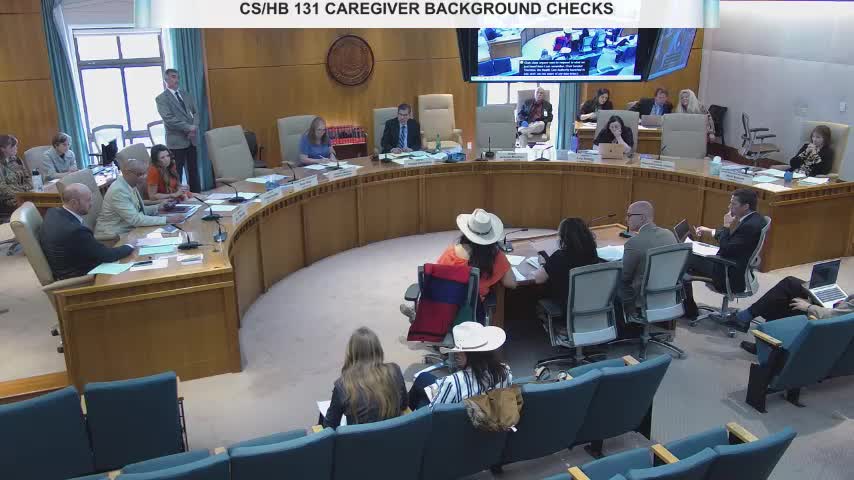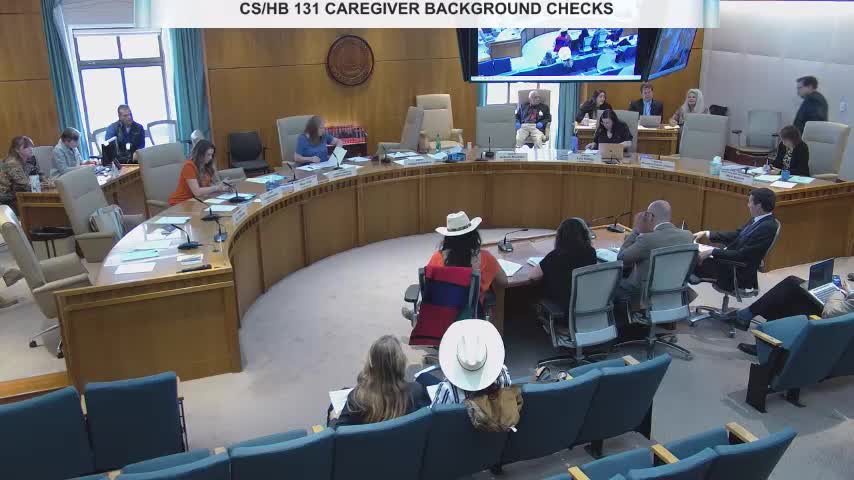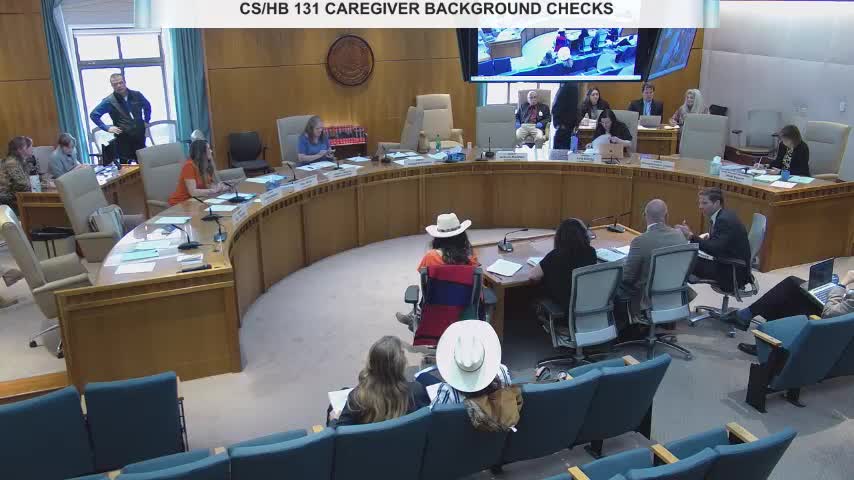Article not found
This article is no longer available. But don't worry—we've gathered other articles that discuss the same topic.

Senate committee backs bill creating framework for free‑roaming horse management, including fertility control and adoption

Committee moves bill to add felonies to caregiver disqualifications, adds judicial review language

